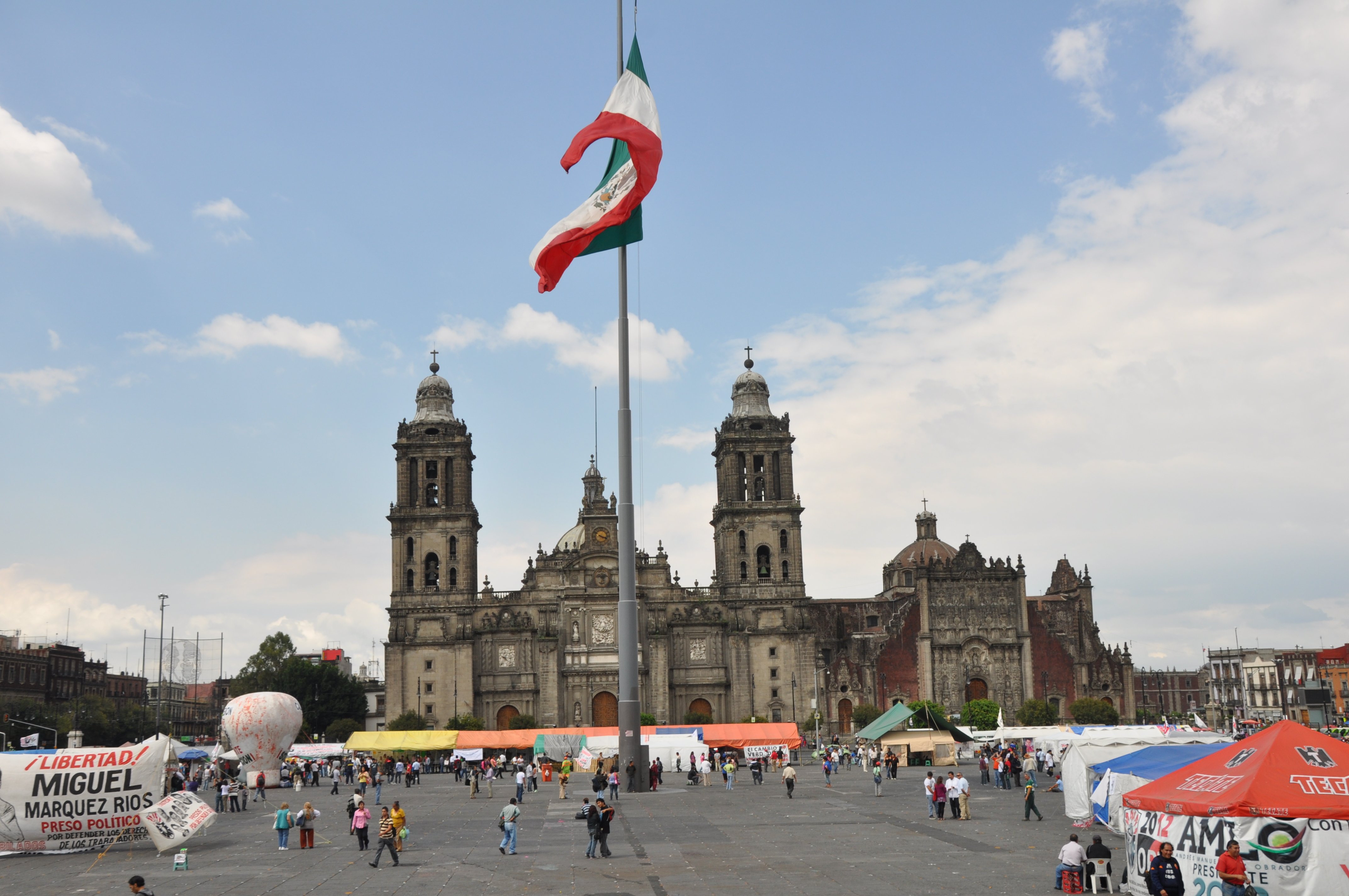Scrutiny by tax authorities can only be expected to intensify because of the pandemic’s impacts on the global economy and tax revenues. As companies themselves recover and reassess their affairs post-pandemic, timely resolution of tax disputes is ever-critical. To help you understand tax dispute resolution options available by jurisdiction, the…
In brief On 19 January 2020, the Central Bank of Venezuela (BCV) issued new rules on the constitution of legal reserves of banking institutions (“Resolution”).1 The Resolution entered into force on 20 January 2020 and repealed the Resolution No. 20-03-01 (Official Gazette No. 41,840 of 30 March 2020). The legal reserve…
The Office of the National Superintendent of Securities (SUNAVAL) has authorized the Decentralized Stock Exchange of Venezuela, S.A. (BDVE) to act as a decentralized stock exchange as of 19 January 2021 (“Guidelines”),1 after the trial period of 90 days under Guidelines No. 146.
On 21 January 2021, the Office of the National Superintendent for Banking Sector Institutions (SUDEBAN) issued a notice that prohibits banking institutions from carrying out credit operations using foreign currency, without prior authorization from SUDEBAN and the Central Bank of Venezuela (“BCV”) (“Notice”).1
The Governor of the Carabobo state issued Decree No. 1,557 (“Decree”),[1] whereby it set the value of the Special Tax Amount (“ITE”) in 0.00015 Petros (“PTR”), which will have as reference the value of the Sovereign Crypto asset Petro. [2] That equals to VES 8,833.41. [3] The previous value, set on 27 July 2020, was VES 1,500.00.[4] The ITE must be paid in its equivalent only in VES, according to the final value of the immediately preceding business day indicated by the Central Bank of Venezuela.
The Decree entered into force on 1 December 2020.
On October 9, 2020, the Central Bank of Venezuela (“CBV”) ordered the suspension of products and services offered by universal and microfinance banks that facilitate the payment in foreign currencies for goods and services in Venezuelan (“Notice”).1
In brief On October 9, 2020, the Central Bank of Venezuela (“CBV”) ordered the suspension of products and services offered by universal and microfinance banks that facilitate the payment in foreign currencies for goods and services in Venezuelan (“Notice”).1 In further detail 1. Authorized banking operations. The Notice reiterated that…
On 1 September 1 2020, the National Superintendence of Cryptoassets and Related Activities (“SUNACRIP”) issued Administrative Guidelines No. 057-2020, which established the requirements and procedures for delivering and receiving cryptoassets remittances to individuals in Venezuela (“Guidelines”)1
On September 15, 2020, the Office of the Superintendent of Banking Sector Institutions (“SUDEBAN”) issued Resolution No. 041.20, which established temporary measures for evaluating credit portfolios, the creation of provisions in risk categories, the execution of guarantees and special conditions for credits granted before the entry into force of the Decree No. 4.1681 of March 23, 2020 (“Resolution”).2 The Resolution entered into force on September 15, 2020.
On 20 July 2020, the Ministries of Economy and Finance and Health issued the Joint Resolution Nos. 016-2020 and 111-2020, respectively, whereby include new tariff codes for goods aimed at preventing the spread of the COVID-19 pandemic (“Resolution”).1 The Resolution entered into force on 23 July 2020.




